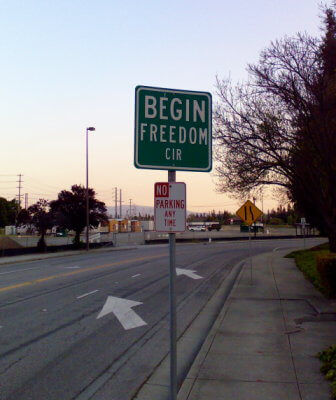Back from MySQL User Conference
- Read more about Back from MySQL User Conference
- Log in to post comments
- 9949 views
I thought I had already conquered the jet lag last night when I fell asleep at 22:00 (that's 10 pm...). But then I woke up somewhere around 2:30, read a book for a while until I decided to give up and have a nice breakfast. I kind of like jet lag though, it is a nice feeling to get out of bed 5:30, when no one else is awake, and birds are singing outside.
There would be a lot to tell about the conference, but you kind of find summaries from many live bloggers on Planet MySQL. One interesting aspect of the conference of course was to meet so many interesting people, many of whom I work with of course, but meeting them in flesh is still great. And Santa Clara being in Silicon Valley adds another funny revelational feeling to it all. For a European Yahoo, Google, Digg and others are Internet companies and seeing that they actually do have tangible offices in Silicon Valley was a surprisingly unreal revelation to me. Oh yes, I also saw the Transmeta offices, you know, where Linus went to work after graduating with the M.Sc. work titled "Linux: A portable operating system" (What did YOU do for master's thesis? I know I did multiple choice quizzes, I'm not kidding...). And when strolling in Santa Clara I was also amused to find out that apparently Freedom also begins there, just a few blocks away from where the conference was held!


Recent comments
I have…